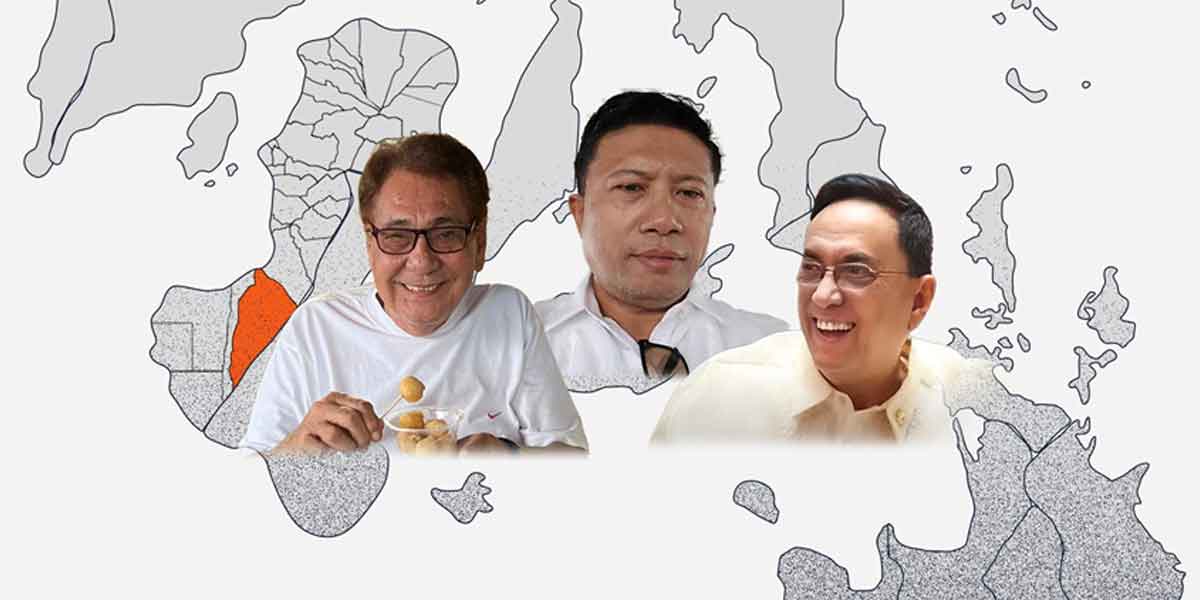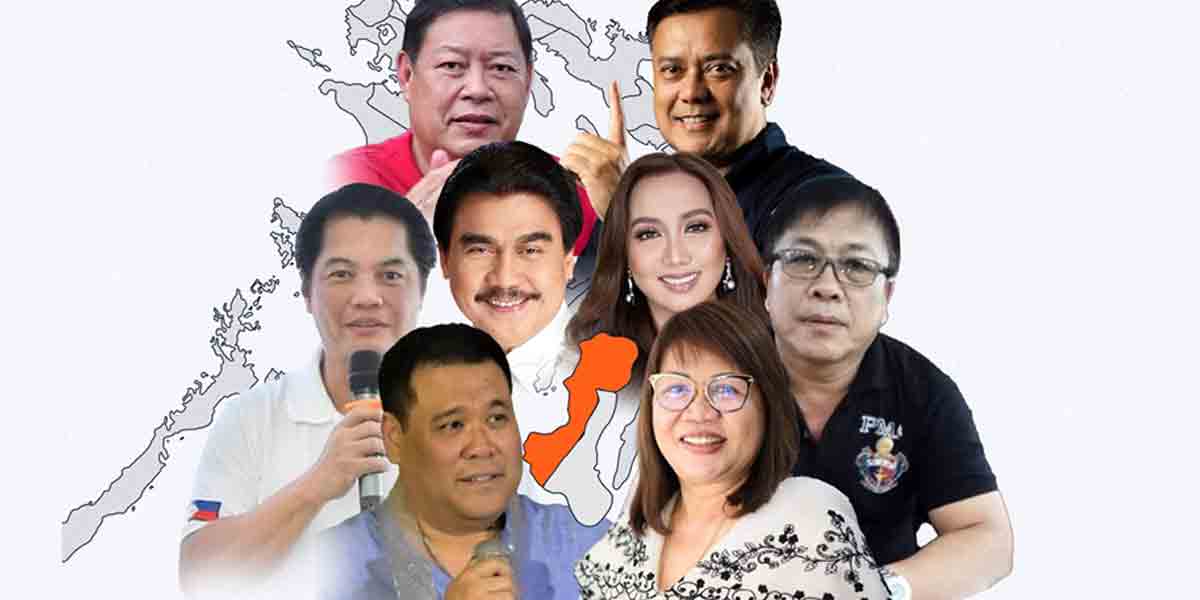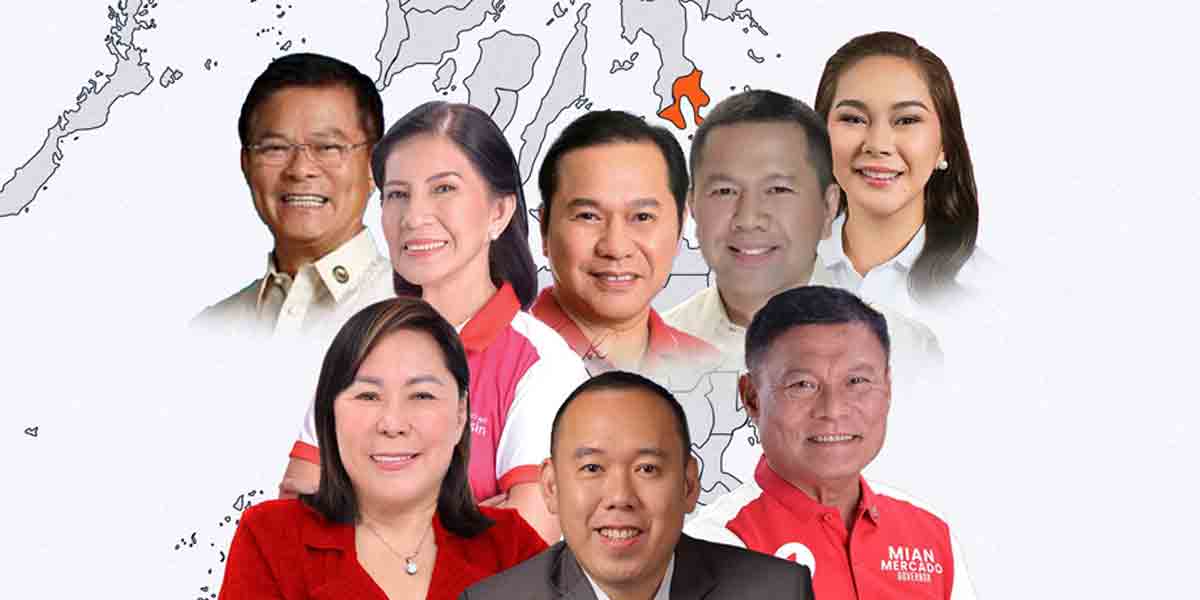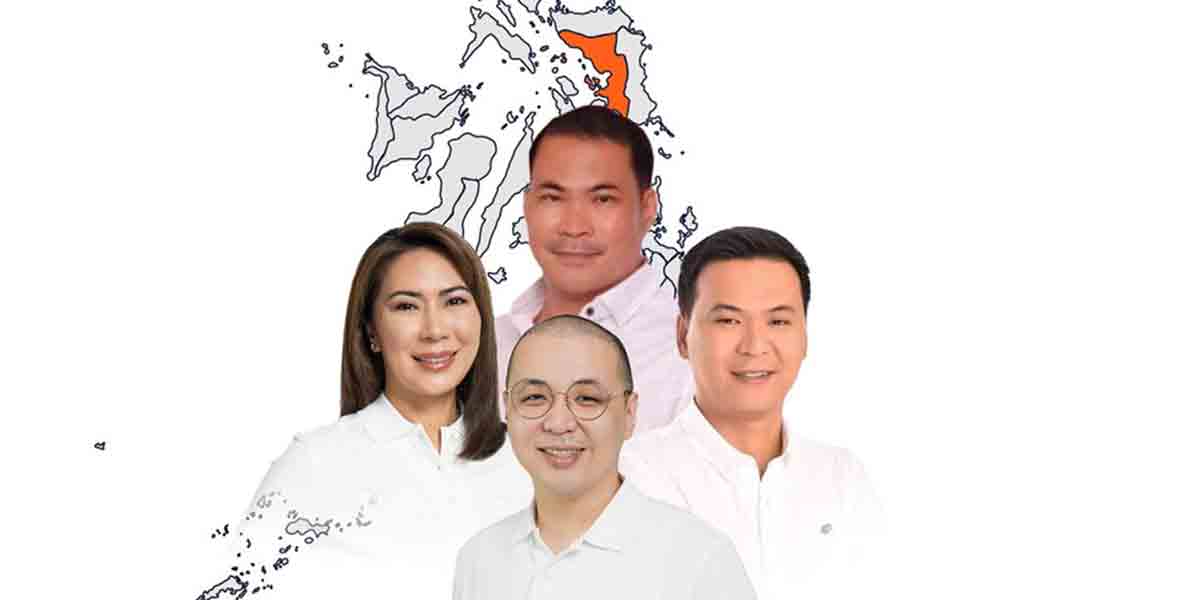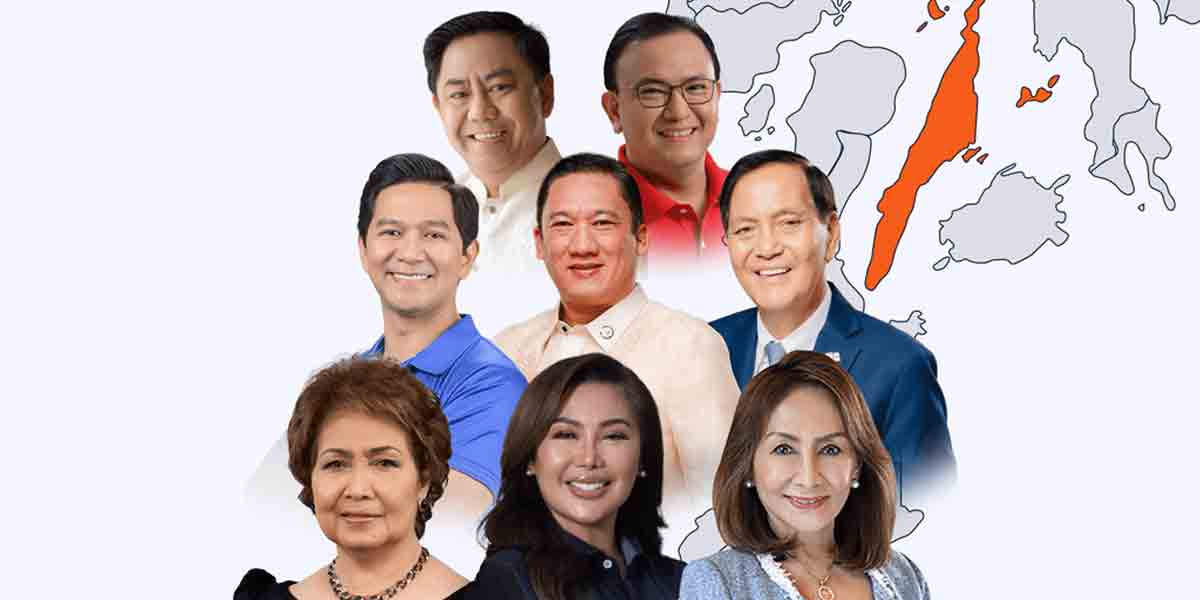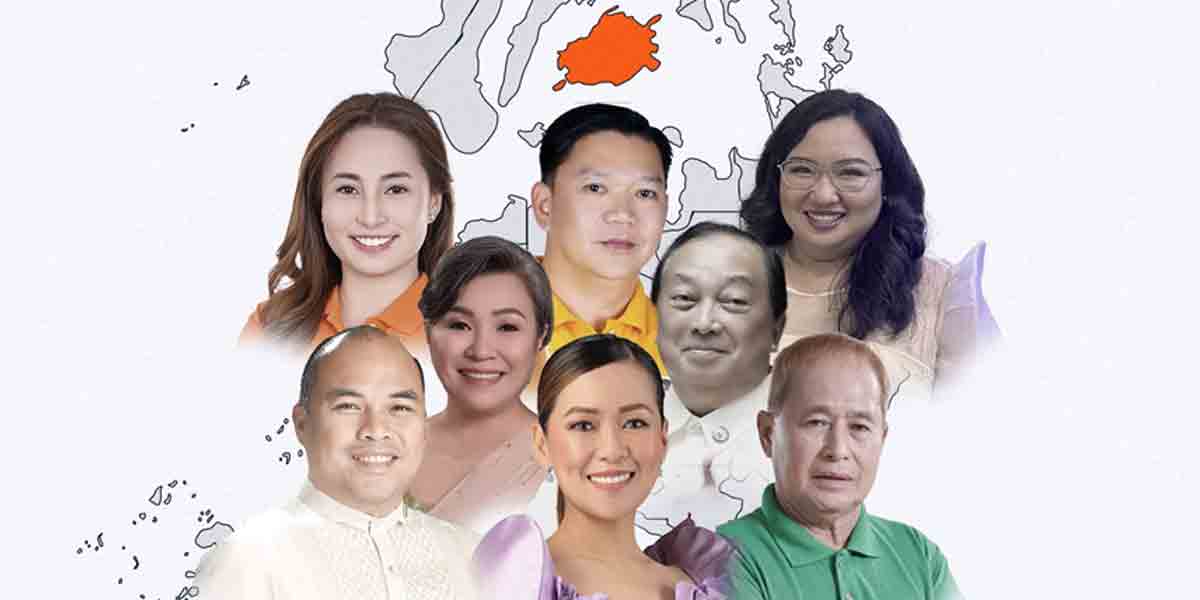 By Artchil B. Fernandez
By Artchil B. Fernandez
Something unusual happened in the past weeks while a large chunk of the country is under enhanced community quarantine. An engaged citizenry suddenly sprung to life, forcing people in power to back down and on the defensive. Filipinos, especially the middle class are reclaiming the public sphere and it is producing positive results.
Sociologist Jurgen Habermas defines the public sphere as “the sphere of private people” coming “together as a public…to engage in a debate over general rules governing relations…the medium of this political confrontation…people’s public use of their reason.” The public sphere he contends is a domain that is between private realm (civil society and conjugal family’s internal space) and sphere of public authority (state and court). Here the private individuals take part in debates on issues with “bearing on state authority.”
The hallmark characteristic of public discourse in public sphere according to Habermas is its rational-critical thinking and debate. “The public process of critical debate” Habermas says “lay claim to being in accord with reason; intrinsic to the idea of a public opinion born of the power of the better argument.”
Habermas however decries the “refeudalization” of the public sphere with the advent of modernity. With the rise of consumerism, the public sphere became captive of private interest. Under this condition “rational-critical debate had been replaced by consumption” Habermas notes. “The shared, critical activity of public discourse” Habermas laments is supplanted “by a more passive culture of consumption on the one hand and an apolitical sociability on the other.” He observes that the “the public sphere has become more an arena for advertising than setting for rational-critical debate.” In consequence, Habermas deduces that “the world fashioned by the mass media is a public sphere in appearance only.”
The dawn of the digital age with the invention of the internet further degenerated the public sphere worsening Habermas’ nightmare. Public sphere went virtual but in the cyber world the public sphere instead of an arena of rational-critical debate is polluted with fake news, false information and misinformation. Superior and sound arguments are displaced by insults, offensive remarks, ad hominems and personal attacks.
In the Philippines, the election of Du30 to the presidency inaugurated and ushered in the Golden Age of fake news. Troll armies led by fake news queen Mocha Uson who was rewarded with juicy government post for her work in spreading fake news tried to dominate the social media and corrupted the public sphere. They seem to be ascendant until the COVID-19 pandemic hit the country.
Millions of Filipinos are forced to stay in their homes as authorities enforced the enhanced community quarantine. Filipinos watch in horror as the incompetence, ineptness and incoherence of Du30 and his administration unfold before their eyes. The public are angry, disgusted and frustrated as the administration stumbles on how to handle the pandemic. Those with access to the internet particularly the middle class turned to social media to vent and air their sentiments and grievances. Thus a new engaged citizenry emerged in this time of crisis, vocal in expressing their rage on the colossal inability of Du30 and his administration to deal with the most serious health crisis faced by the country.
Filipinos critically and incisively scrutinize every move, action and utterance of Du30 and his officials. They quickly point out the inconsistencies and contradictory actions of the administration and posted their reactions on social media. Du30’s late night shows where he constantly feeds his minions with gibberish nonsense – blabbering on dental issues and issuing “shoot them dead” order, only serve to fuel citizens’ outrage.
Even the overworked troll farms and factories are no match to the engaged and outraged citizens who collectively channeled their revulsion to what is happening in the cyber space. Ad hominems of the trolls and dwindling fanatics are drowned by witty and superior logic of engaged Filipinos. The facts are too much for the trolls and fanatics to handle and rational-critical thinking is having the upper hand in the digital public sphere. The avalanche of criticism cascading on the Du30 administration forced it to retreat and on the defensive. It was compelled to take back, backtrack, modify or completely change many of its positions and actions on the COVID-19 crisis. The numbers of times it has done this is staggering. Here are some examples.
Draconian emergency power Du30 originally asked from Congress was diluted after public uproar. DOH fired the RITM director for refusing to accommodate VIPs in COVID-19 testing but took back the order after netizens reacted furiously and reconsidered the 500/day offer to health worker volunteers after taking a beating in the social media. Du30 fired an overzealous fanatic who called for an investigation of Vice President Leni Robredo for competing with the initiative of the administration to deal with the COVID-19 crisis. Du30 who can longer ignore the reactions of engaged citizens in the digital public sphere was obliged to host late night shows to explain his side, only to add confusion and sink him lower in public esteem. On the whole, administration officials are now sober in handling the COVID-19 crisis due to an active and critically engaged public. Except that their efforts are constantly sabotaged and torpedoed by Du30 with his sloppy and disastrous late night habit.
If there is something positive that emerged in the COVID-19 crisis, it is the reclaiming of the public sphere particularly in the virtual world from trolls and fanatics by critically engaged citizens. It does not pay to “sumunod na lang kayo” (just obey). In this dark time, a rational-critical public is needed more than ever to speak truth to power.

